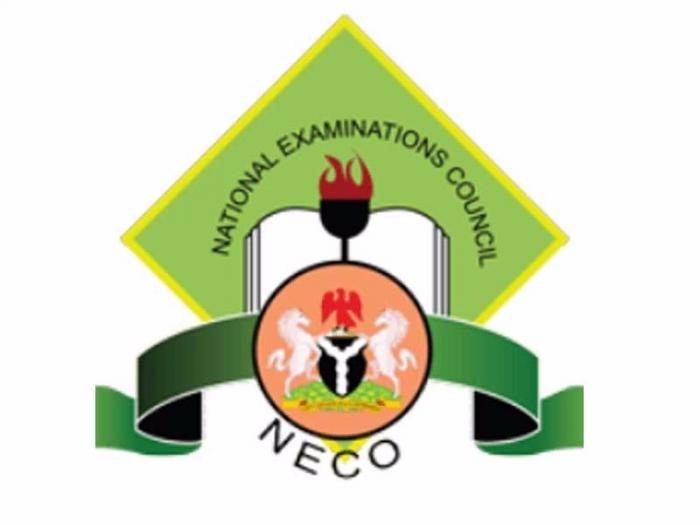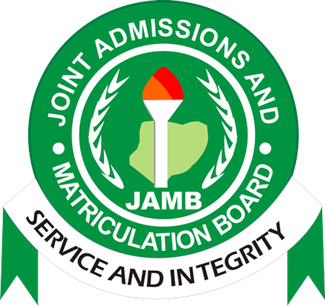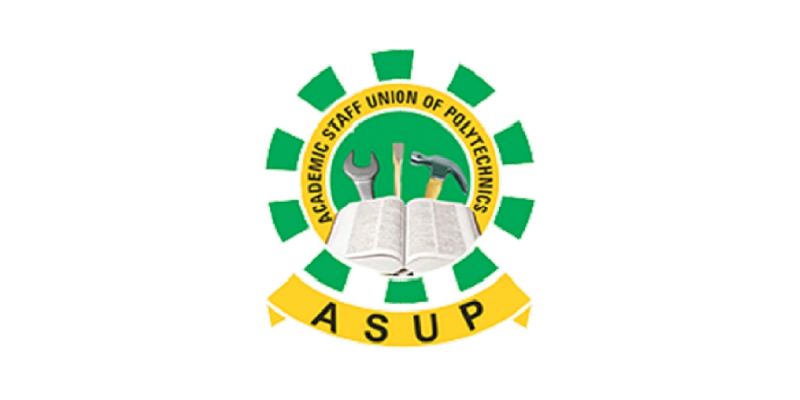FG to Revise Secondary School Curriculum to Meet Evolving Demands
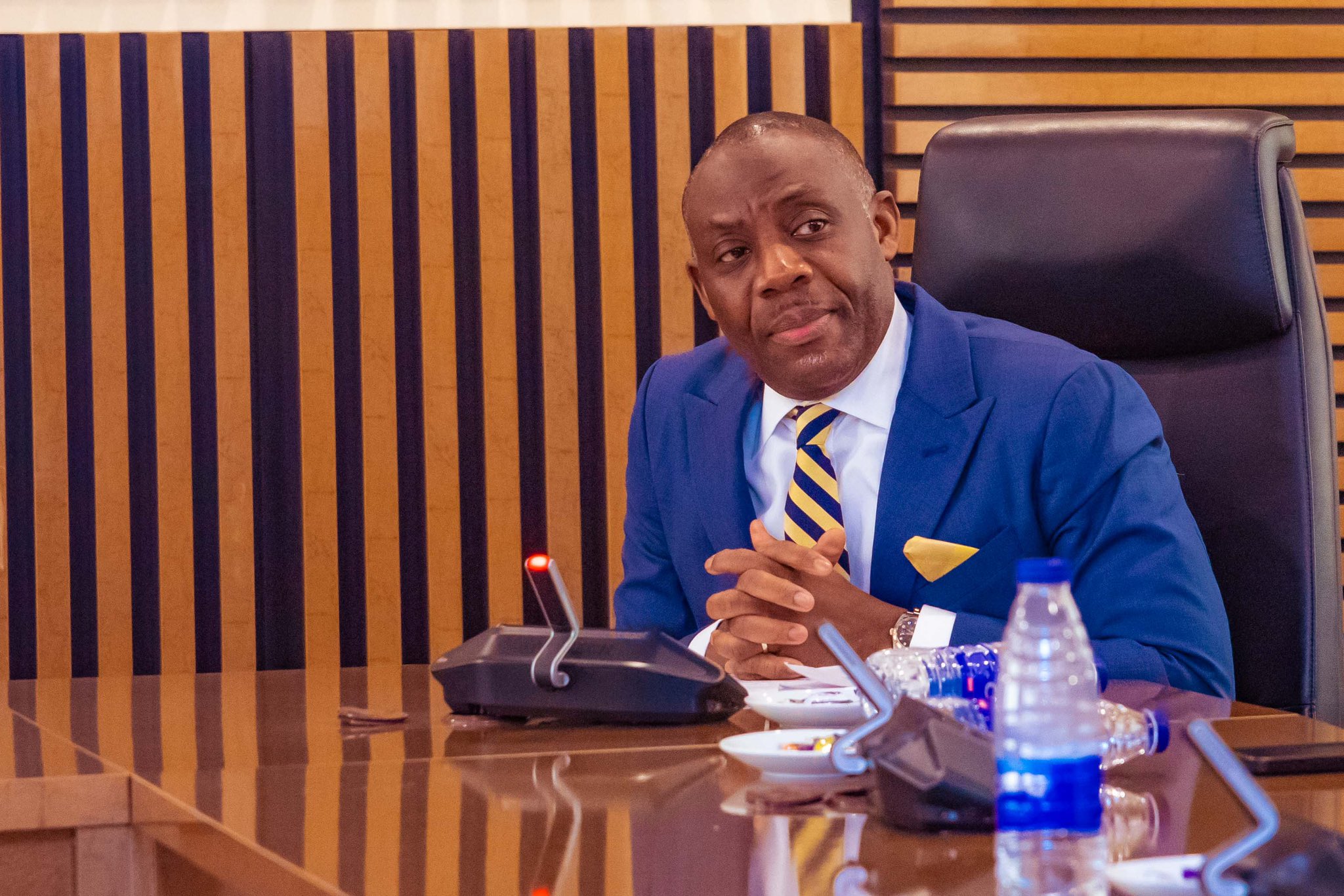
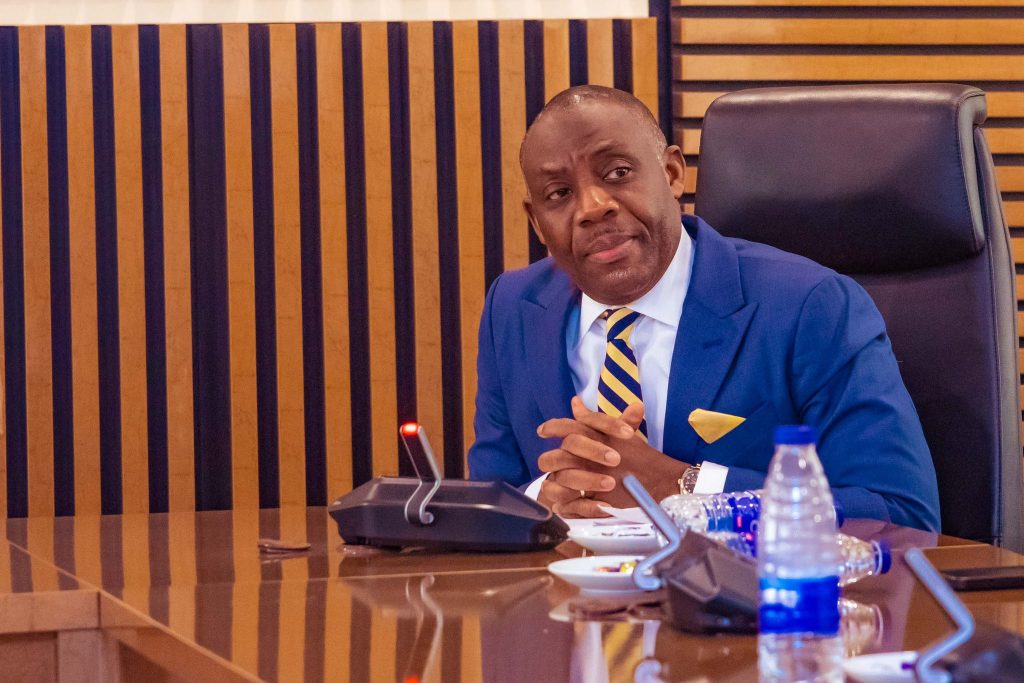
The Federal Government has affirmed its commitment to undertake a thorough review of the secondary school curriculum, which has remained unchanged since its introduction in 2011.
This initiative is intended to align the curriculum with modern educational standards, societal requirements, and technological progress. Scheduled to begin in September, the review process will involve a comprehensive evaluation of the existing curriculum, identification of areas that need revision, and the inclusion of new subjects, skills, and competencies that are vital for the 21st-century learner.
The revamped curriculum will emphasize practical skills acquisition, hands-on training, and partnerships with industries to equip students with relevant skills and prepare them for success in the modern world.
There is widespread agreement among stakeholders in the education sector about the crucial role that the curriculum plays in shaping students’ learning experiences and outcomes. Educators, policymakers, administrators, parents, and students alike agree that a well-designed and effectively implemented curriculum is essential for achieving academic excellence, fostering personal development, and preparing learners for success in a rapidly changing, interconnected world.
The curriculum is seen as the foundation of the education system, providing a framework for instruction, assessment, and evaluation. It specifies the knowledge, skills, and values that students should acquire and guides teachers in planning and delivering effective lessons.
An outdated curriculum leaves students inadequately prepared for the demands of today’s world, as it may not cover relevant skills or knowledge areas. Stakeholders emphasize that a high-quality curriculum should be relevant, rigorous, and adaptable to the needs of diverse learners. It should also align with national standards and benchmarks, incorporating the latest research and best practices in education.
Key stakeholders agreed that the curriculum should be regularly reviewed and updated to reflect shifting societal demands, technological advancements, and emerging trends.
This ensures that students receive an education that is both contemporary and relevant, preparing them for the challenges and opportunities of the 21st century. During a stakeholders’ meeting on implementing the new curriculum for basic education, the federal government revealed that a new curriculum for senior secondary education would be introduced by September 2025.
The previous Minister of Education, Prof. Tahir Maman, had announced in October that the new curriculum would address learning crises and employability issues, with a focus on new skills acquisition that would have a broad impact by equipping students with “21st-century skills”.
Additionally, at his first press conference last month, Minister of Education Dr. Tunji Alausa echoed similar sentiments, stating that there would be no turning back on this decision. He also announced that the country’s education system would shift to an “80 per cent practical and 20 per cent theoretical model”.
Educators, policymakers, and other stakeholders have expressed concerns that many Nigerian secondary school graduates often lack the skills necessary to secure employment and contribute meaningfully to society. This skills gap has resulted in the country depending heavily on skilled artisans and workers from neighboring countries, underscoring the need for a more effective and relevant education system that prepares students for the workforce.
Research conducted by The Guardian revealed that despite the Federal Government’s mandate to make trade subjects and entrepreneurship education compulsory in secondary and tertiary institutions to address the skills gap, many schools in Nigeria face considerable challenges in implementing these programs. These challenges include a shortage of qualified teachers and insufficient instructional materials for the 34 trade subjects.
The Executive Secretary of the National Senior Secondary Education Commission (NSSEC), Dr. Iyela Ajayi, has stated the commission’s resolve to address these issues and improve the current situation.
Ajayi explained that, as part of efforts to enhance the quality and relevance of education in the country, the Nigerian government has initiated a review of the secondary school curriculum. He added that the ultimate goal is to modernize and strengthen the education system, ensuring it remains relevant, practical, and aligned with the country’s development needs.
He mentioned that the Nigerian Educational Research and Development Council (NERDC) has been tasked with working alongside other government agencies to review the curriculum, emphasizing that the NSSEC is one of the main agencies collaborating with NERDC to achieve this goal.
“In line with our mandate of collaboration with the Nigerian Educational Research and Development Council (NERDC) to review the senior secondary school curriculum, we presented the NSSEC policy proposals to critical stakeholders to validate the curriculum framework.
“If you want to find out the level of development of a country, look at the curriculum. Countries in Asia have developed a lot. I am talking about Singapore, South Korea, Hong Kong, and Taiwan. These countries have emphasized Technical and Vocational Education and Training (TVET) and entrepreneurship education.”
“But you find a situation where our curriculum has serious defects because people complained that it is irrelevant to the country’s needs. And that problem is being addressed by the new curriculum on senior secondary education that will be out in the new year.”
He also mentioned that the commission has developed a national strategic roadmap for 2024 to 2027, which focuses on minimum standards for senior secondary education, capacity-building workshops for both teaching and non-teaching staff, data collection, the development of the NSSEC unified portal, and advocacy and sensitization visits to the 36 states and the Federal Capital Territory (FCT), among other initiatives.
Ajayi clarified that the commission is responsible for transforming the senior secondary education system to meet global standards, and that practical strategies have been developed to achieve this transformation.
He reiterated that the new curriculum aims to bridge the gap between theoretical and practical knowledge by incorporating hands-on training and industry collaborations. This approach will enable students to acquire practical skills by working with artisans and industry professionals, with stipends provided to support their training.
The NSSEC executive secretary raised alarms about the dire state of secondary schools in Nigeria, emphasizing the urgent need for collective action to address the numerous challenges facing the sector. He listed these challenges as including infrastructural deficits, unqualified teachers, an outdated curriculum, and deteriorating libraries and laboratories.
To tackle these issues, stakeholders stressed the importance of fostering collaboration among the government, educators, parents, the private sector, development partners, and non-governmental organizations.
They agreed that by working together, the country could develop innovative solutions to overhaul the secondary education system, ensuring that Nigerian students receive a high-quality education that prepares them for success in an increasingly complex world.


